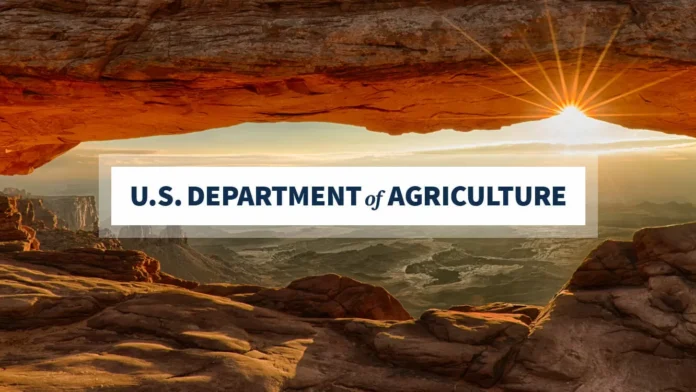The Departments of Agriculture and the Interior have recently announced a proposal that will have a significant impact on Alaska Native communities. This proposal aims to strengthen the representation of Alaska Tribes on the Federal Subsistence Board (FSB), which manages subsistence use on federal lands and waters in Alaska. This is a crucial step towards recognizing and honoring the importance of subsistence practices for Alaska Native communities.
For thousands of years, subsistence practices have been an integral part of Alaska Native communities. These practices are deeply intertwined with their lifeways, food security, and cultures. The land and waters of Alaska have provided sustenance for generations, and subsistence practices have been passed down from one generation to the next. It is not just a means of survival, but also a way of life for these communities.
The FSB plays a crucial role in managing subsistence use on federal lands and waters in Alaska. However, the current representation of Alaska Tribes on the board does not accurately reflect the importance of subsistence practices for these communities. This proposal seeks to address this issue by increasing the representation of Alaska Tribes on the FSB.
This proposal is a significant step towards recognizing the sovereignty and self-determination of Alaska Tribes. It acknowledges the fact that Alaska Native communities have a unique relationship with the land and waters of Alaska, and their voices should be heard when it comes to managing subsistence use. This proposal also aligns with the federal government’s commitment to upholding the government-to-government relationship with Alaska Tribes.
The increased representation of Alaska Tribes on the FSB will bring a diverse range of perspectives to the decision-making process. This will ensure that the interests and needs of Alaska Native communities are taken into consideration when managing subsistence use on federal lands and waters. It will also provide a platform for Alaska Tribes to share their traditional knowledge and expertise, which is crucial for the sustainable management of these resources.
This proposal is a testament to the federal government’s commitment to honoring and preserving the cultural heritage of Alaska Native communities. It recognizes that subsistence practices are not just about food, but also about preserving cultural traditions and passing them down to future generations. By strengthening the representation of Alaska Tribes on the FSB, the federal government is taking a step towards preserving the unique cultural identity of these communities.
The proposal has been met with overwhelming support from Alaska Native communities. They see it as a positive step towards recognizing their rights and sovereignty. This proposal also aligns with the efforts of Alaska Tribes to protect their traditional lands and waters. It is a collaborative effort between the federal government and Alaska Tribes to ensure the sustainable management of these resources for future generations.
The Departments of Agriculture and the Interior should be commended for their efforts to strengthen the representation of Alaska Tribes on the FSB. This proposal is a significant milestone in the government’s relationship with Alaska Tribes and sets a positive precedent for future collaborations. It is a step towards building a stronger, more inclusive, and equitable future for Alaska Native communities.
In conclusion, the proposal to strengthen Alaska Tribal representation on the FSB is a positive development for Alaska Native communities. It recognizes the importance of subsistence practices and the unique relationship that Alaska Tribes have with the land and waters of Alaska. This proposal is a step towards honoring the sovereignty and self-determination of Alaska Tribes and ensuring the sustainable management of these resources for future generations. Let us all support this proposal and work towards a brighter future for Alaska Native communities.

